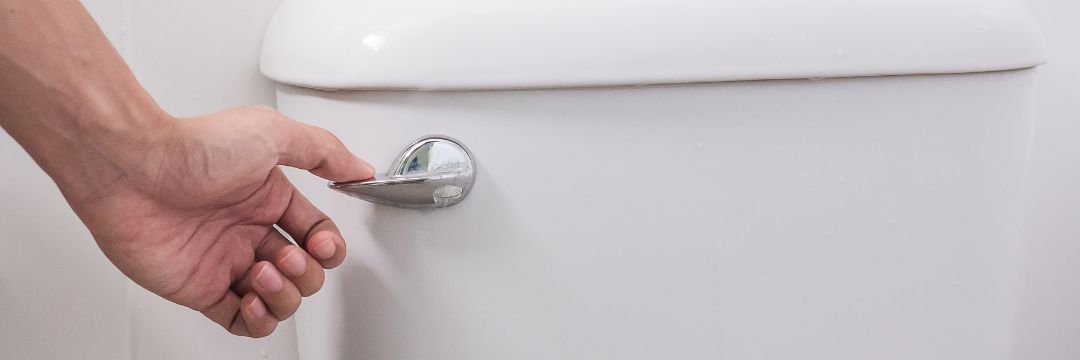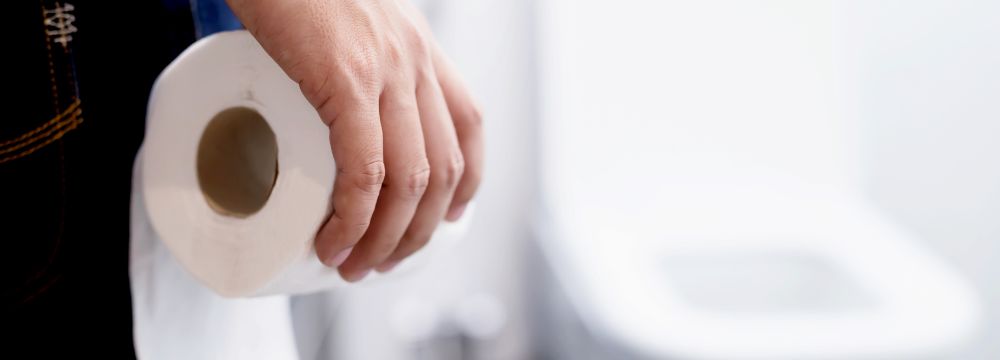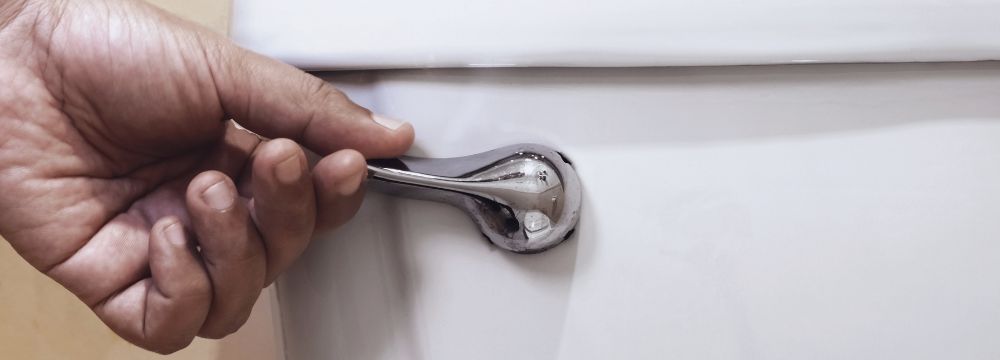If you are having trouble passing urine, it is in your best interest to have an evaluation by a urologist to determine its cause. Under normal circumstances, urine should pass without any issues.
Difficulty urinating is actually a quite common problem, especially in men as they get older. When a man has trouble urinating, it usually indicates a problem with the prostate – usually an enlarged prostate due to BPH (benign prostatic hyperplasia).
A urologist would be able to diagnose the condition using a digital rectal examination (DRE) and a prostate-specific antigen (PSA) blood test. If the issue is indeed due to an enlarged prostate, the doctor can prescribe treatments that will help to eliminate or minimize the problem.
Why Does the Prostate Interfere with Urinating?
Your prostate is a gland that is located below the bladder and is about the size of a walnut. This gland is a key part of a man’s reproductive system, facilitating sperm cells.
The prostate grows when a male reaches puberty, and it begins to grow again as a man advances in age – but this tends to cause urinary difficulties. An enlarged prostate can squeeze the urethra, thereby making urinating difficult because the passage for the urine is narrower.
Symptoms of BPH include the need to urinate frequently, feeling like urinating even after having just urinated, difficulty emptying the bladder, and urine dribbling. An enlarged prostate can also cause other complications, such as urinary tract infection (UTI), kidney damage, and bladder stones.
Treating an Enlarged Prostate
Fortunately, an enlarged prostate is highly treatable. After diagnosing an enlarged prostate, most doctors will recommend that you make lifestyle changes – such as cutting down on your caffeine consumption (which is a urinary tract irritant), urinating when you have to and not trying to hold it for too long, and possibly also performing Kegel exercises to strengthen the bladder muscles.
Medication is also part of treatment, and these may include medicine that helps to shrink the size of the prostate and to increase urine flow. If the symptoms get worse rather than better, surgery may be recommended.
Your doctor may recommend that you have a partial prostatectomy, which is usually an outpatient procedure so you can go home later the same day. The surgeon will remove part of the prostate in order to allow urine to flow normally through your urethra.
Treatment for Enlarged Prostate in Charlotte, NC
If you are having difficulty urinating, see an experienced urologist who will know exactly how to treat your issue successfully. Dr. Richard Natale is a board-certified urologist who specializes in treating men’s health issues, including enlarged prostate and BPH.
Patients with BPH can be treated with the highly advanced UroLift System. It is a relatively brief, minimally invasive procedure that requires no incisions or stitches, and it is performed on an outpatient basis.
To schedule a consultation with Dr. Natale, contact us today by calling or request an appointment via our online form now. We look forward to seeing you.





